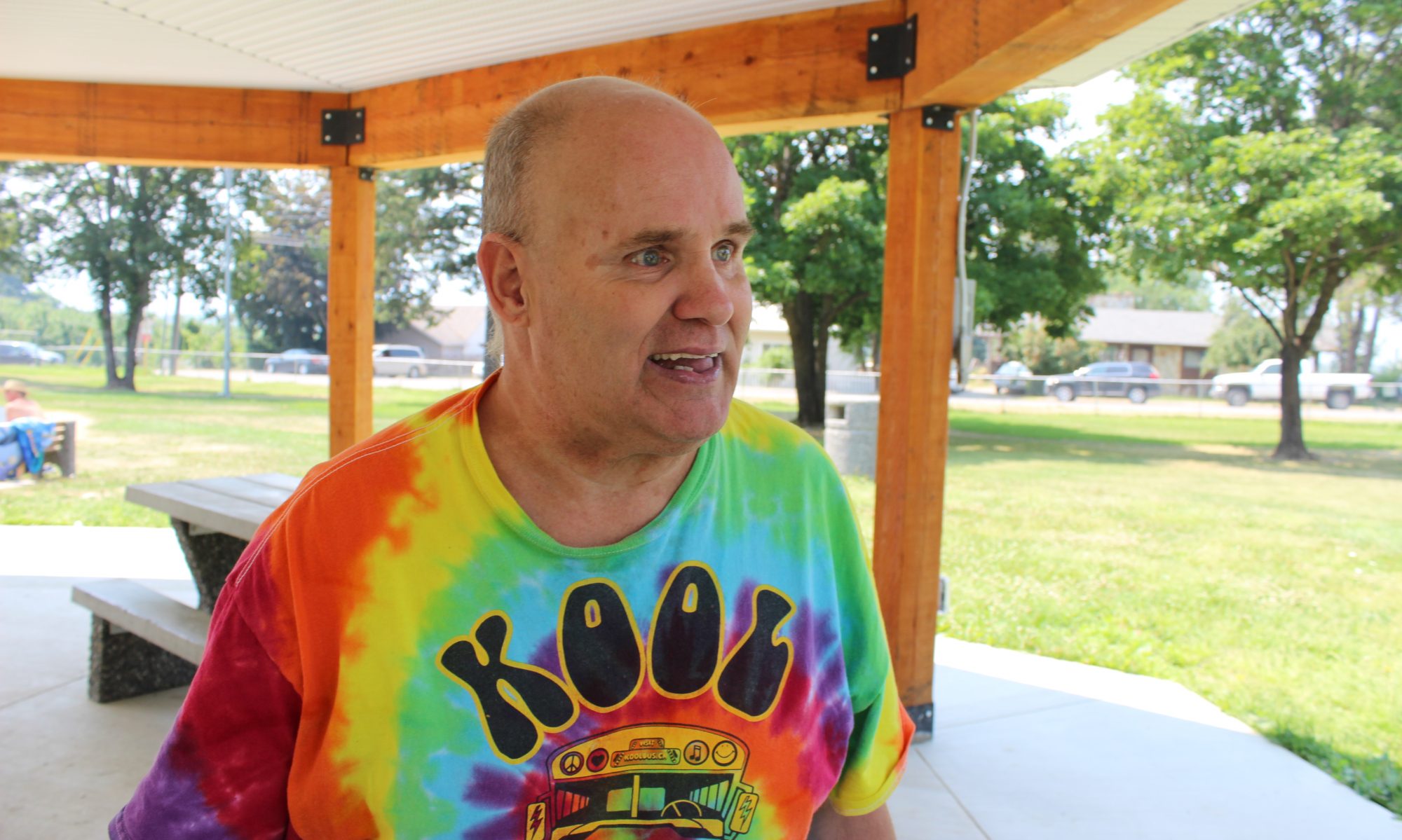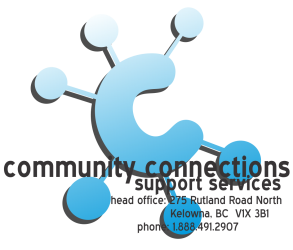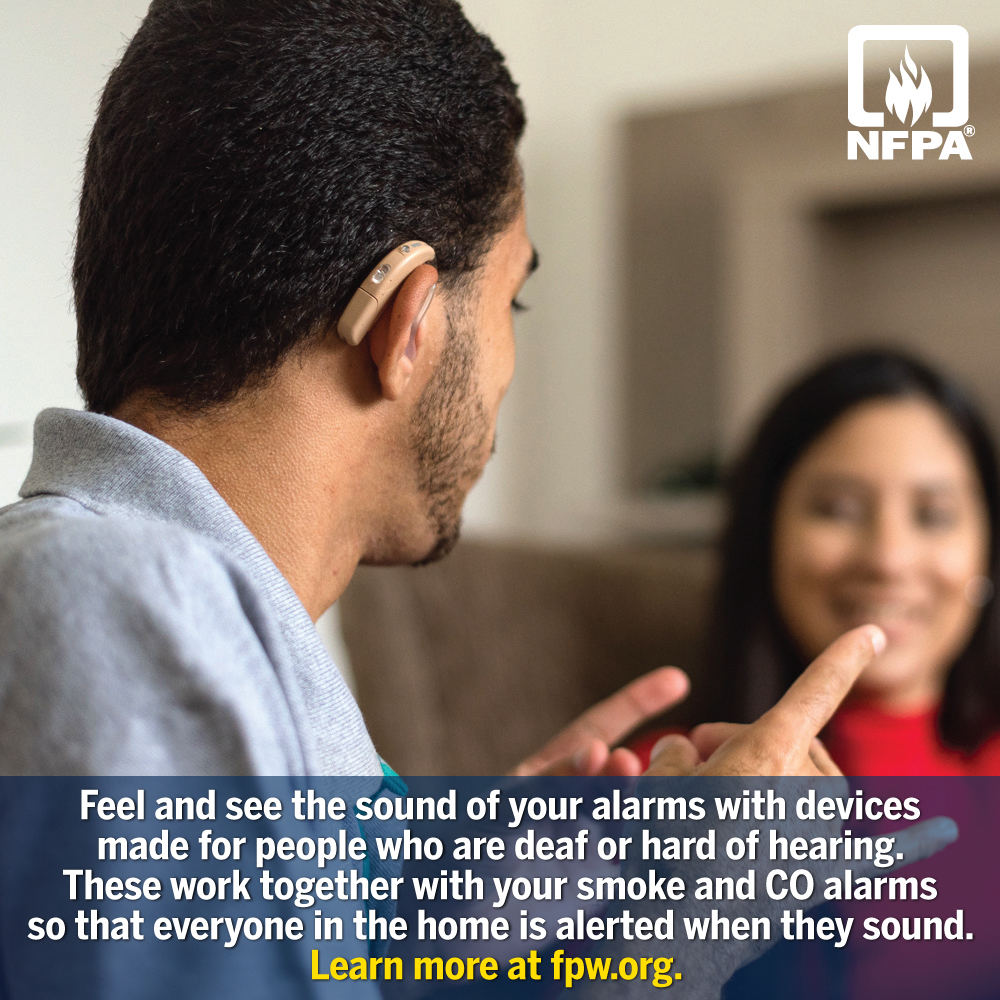Hey everyone, welcome to Health & Safety Month 2022! Today, we’re looking at how to be safe in the coming season.
Seasonal hazards happen more often at specific times of year, like with flooding in the Spring and with wildfires in the Summer. Planning what to do when there’s a hazard (like an air or water quality advisory) or an emergency (like a wildfire) can be scary. To lighten up the planning, take a page out of the Province’s book and pretend to plan for a Zombie Apocalypse! If you’re prepared for Zombies, you’re prepared for an emergency. (Who says Health & Safety can’t be fun?!)
While it’s always good to be prepared for “big” emergencies, like the Zombie Apocalypse, it’s also important to be prepared for “everyday” hazards, like water and air quality problems and heat waves, that can affect your health.
OUR WATER:
Changes to our drinking water quality can happen for many reasons. Extra material in our water (like from flooding) or breakdowns to facilities and equipment that make water safe can result in warnings about water quality. It’s important to pay attention to news about water quality, like a Boil Water Advisory, in your area. You can find out more about the three kinds of water quality notifications, what triggers them, and what actions to take here. You can also find a drinking water advisory map for Interior Health region here.
OUR AIR:
Changes to our air quality can also affect our health. Like with water quality, there are many things that can change the quality of the air, like extra material (from smoke and fires) and different types of particles (like ozone). Pay attention to news about air quality in your area the same way you would for water quality. You can find out more about the Air Quality Health Index, which is how good the air quality is at any time, here. You can also find out what air quality alerts are issued here.
SUMMER HEAT:








